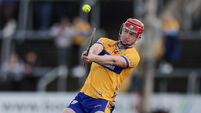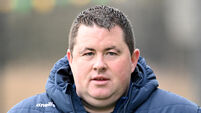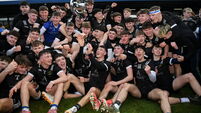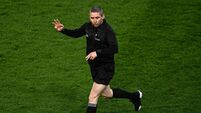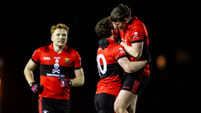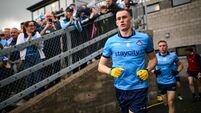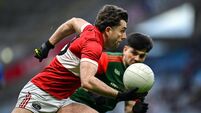Shane O'Donnell's concussion nightmare: 'I was resigned to never playing hurling again'

SCARY SPELL: Shane O’Donnell still has no recollection of the day in early June when he suffered a concussion at Clare training which ruled him out for the whole championship.




